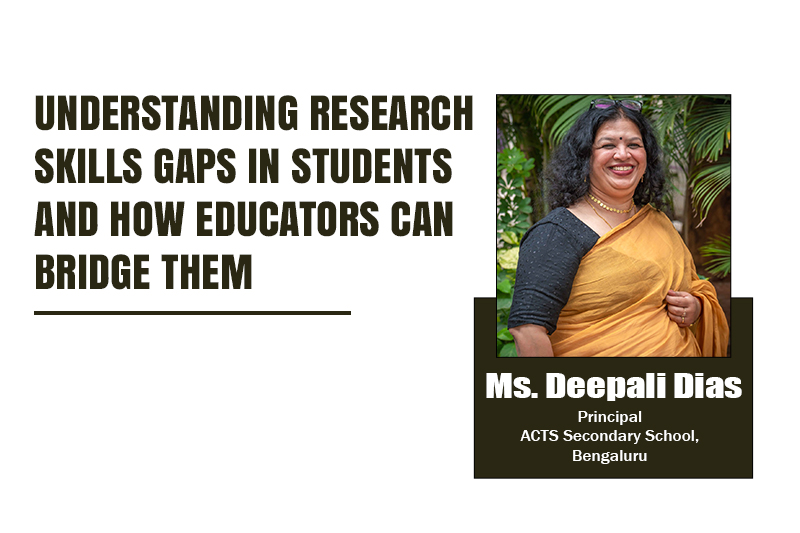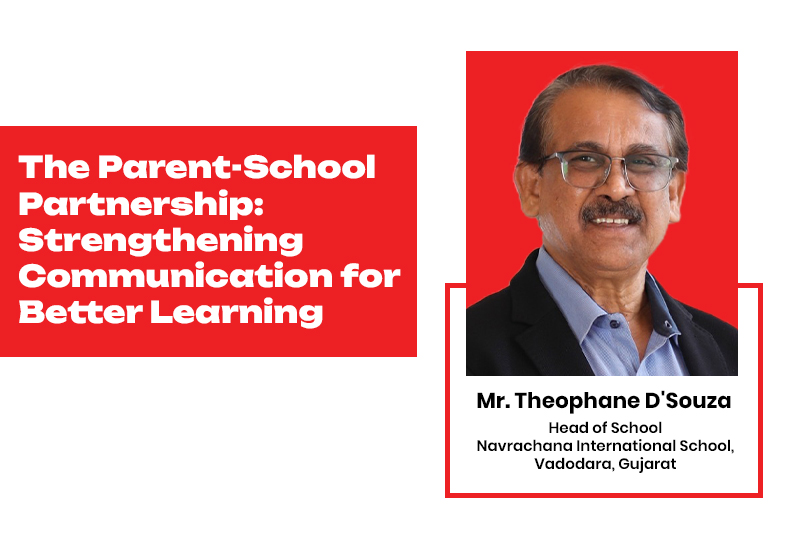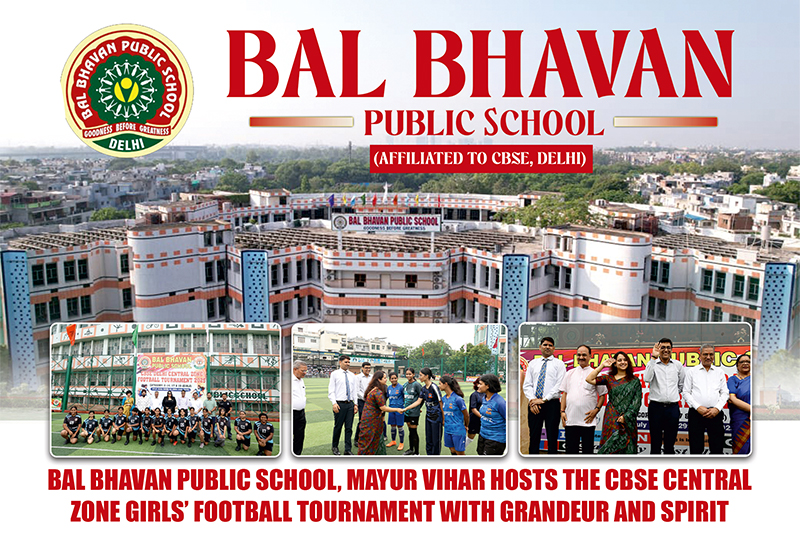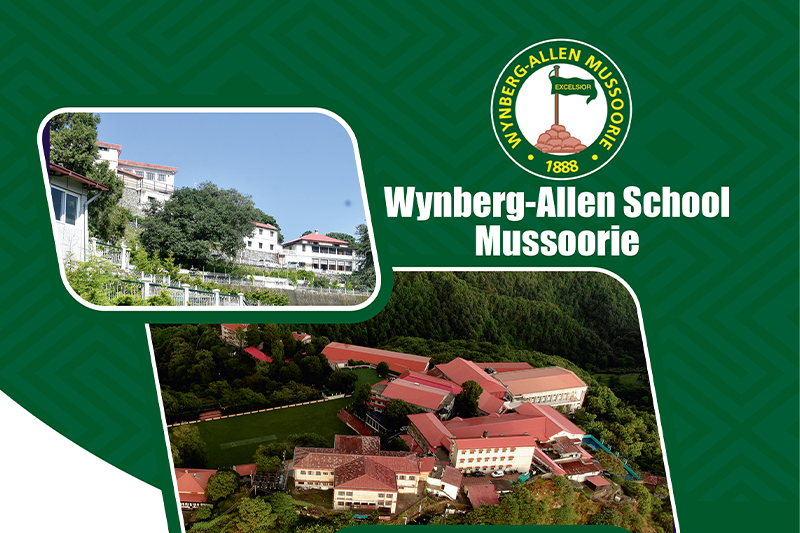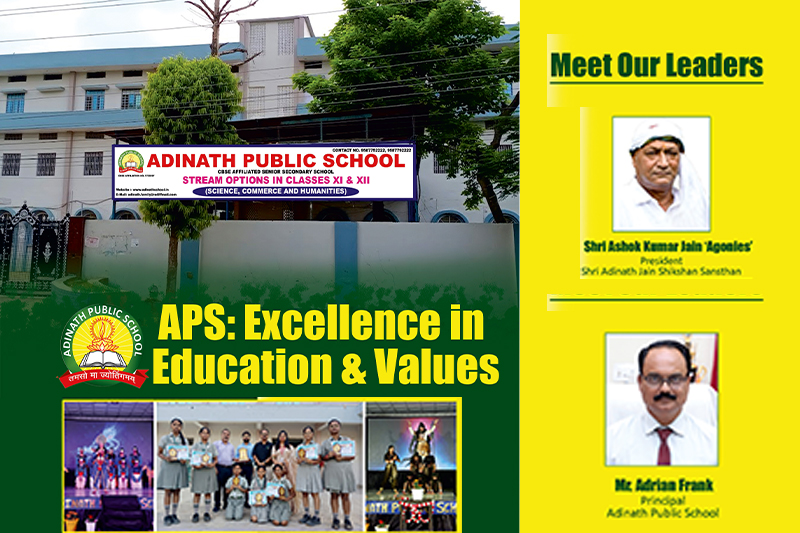Ms. Nidhi Panchal, National Victor Public School, Delhi: Leading Microlearning & Modular Education Revolution
“Education is no longer about how much you teach, but how meaningfully students learn—one small module at a time.”
Traditional teaching methods are being thoughtfully reimagined in today’s rapidly evolving educational landscape, where digitalization, personalization, and relevance reshape learning. Ms. Nidhi Panchal, Director of National Victor Public School in Delhi, stands at the forefront of this transformation. With her passionate commitment to innovation and inclusive education, she is championing the adoption of microlearning and modular courses—two powerful strategies redefining student-centric education for the 21st century.
Rethinking Education for Modern Learners
The traditional model of extended classroom sessions and voluminous textbooks has served well for generations, but it increasingly clashes with the cognitive habits of today’s learners. Students today seek flexibility, engagement, and clarity amidst shrinking attention spans and a digital information deluge.
“Meaningful learning doesn't always happen in lengthy sessions. Sometimes, all it takes is a short, focused interaction that sparks curiosity and builds clarity,” says Ms. Panchal.
What Is Microlearning?
Microlearning delivers content in small, focused bursts—a two-minute explainer video, a quick interactive quiz, or a real-world simulation targeting a specific concept or skill. This approach makes learning more approachable and encourages students to absorb, reflect, and retain knowledge effectively.
Ms. Panchal explains:
“Students are more likely to remember a concept learned through a 3-minute video followed by discussion than a 30-minute lecture that loses relevance after the first 10.”
Understanding Modular Learning
Modular learning breaks curricula into self-contained units or modules focused on distinct topics or competencies. These can be completed independently, allowing students to learn at their own pace, revisit tough concepts, or delve deeper into interests.
“One size fits all is no longer viable,” Ms. Panchal asserts. “We need systems that adjust to the learner—not the other way around.”
Bringing Innovation to National Victor Public School
Under Ms. Panchal’s leadership, the school integrates microlearning and modular formats across subjects. In science and technology, students engage with short animated clips, infographic explainers, and interactive quizzes, followed by hands-on activities linking theory to practice.
For example, a physics module on energy starts with a microlearning video introducing core ideas, moves to simulations where students manipulate variables, and ends with DIY kits experiments.
Daily 5-minute grammar challenges on a learning app promote steady progress in English. Mathematics topics are divided into modular units, supported by mini-tutorials and gamified problem solving. These strategies boost engagement, comprehension, and foster independent learning.
Benefits for 21st-Century Learners
Modern students live in a world of speed, relevance, and personalization—from social media to streaming platforms. Micro and modular learning align naturally with these habits, preparing students for lifelong learning where skills grow through webinars, e-courses, and workshops.
These approaches also promote inclusive instruction. Struggling students can move slower with support, and advanced learners can accelerate or deepen knowledge. This flexibility builds confidence, autonomy, and mastery—essential 21st-century skills.
Building a Sustainable Learning Ecosystem
For Ms. Panchal, this transformation is about more than trends—it’s about creating a modern learning ecosystem. Teachers receive ongoing professional development in designing micro and modular content, using ed-tech tools, and adopting formative assessments.
Assessment now focuses on understanding across multiple short modules instead of single high-stakes exams.
“Assessment should be a reflection of learning—not a measurement of memory,” says Ms. Panchal.
Parental engagement evolves through frequent progress updates aligned with modular milestones. The school also offers microlearning resources for parents on topics like digital safety and emotional resilience, fostering a united learning community.
Values at the Core of Innovation
While technology drives learning innovation, Ms. Panchal emphasizes that empathy, ethics, and character-building remain central.
“Technology is the enabler, but values are the compass.”
Whether it’s a microlearning session on empathy or a modular workshop on leadership, students connect knowledge with responsibility and skills with purpose.
The Road Ahead
As education evolves, the relevance of modular, adaptive, and microlearning content will only increase. Ms. Panchal envisions a future where learning is fluid, shaped by curiosity, and supported by accessible, engaging tools.
“In a world where information is infinite, the true power of education lies in helping students make meaning, one small module at a time.”
At National Victor Public School, that vision is already unfolding—one micro-lesson, one meaningful connection, and one empowered learner at a time.
Want more thought-provoking articles like this? Check out EducationToday – where education meets innovation.


